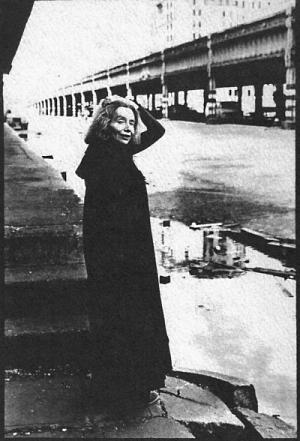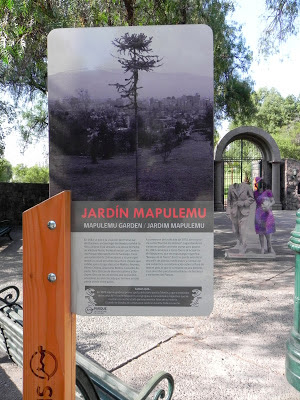kill a mother, birth motherless sons
absence of reason, dumb despair, bitter smell of death
a residential street, a sunny day
 |
| Susan Howe [pic by Lawrence Schwartzwald] |
15
The
audience applauded
I
was welcomed as one returned from the grave.
My
imposter stood up
Her
speech was — forests, chasms, cataracts —
I
replied — Yes, I had been there —
slept
with the children every night —
wherever
I went — I went when I was sleeping —
All
eyes turned on me.
“Liar
— Have you seen the Lake of the North?”
she
said.
“Have
you seen the wreck of a ship?
— and
your scalp?
— How
did you cross the Great Camped Present?”
My
assurance failed
Welcomed
to the rock of my banishment
I
couldn’t utter a word.
Silence
resumed its wild entanglement
Thought
resumed its rigid courtesy.
20
.
. .
On
Monday, massacre, burning, and pillage
On
Tuesday, gifts and visits among friends
Warriors
wait
hidden
in the fierce hearts of children.
21
.
. .
Haunted
by the thought, the thread we hang on will save us
I
bit off and burned my fingers to keep from freezing.
. . .
. . .
I
the Fly
come
from Brighten
hook
storm
seawave
and salmon
Glass
house
Captain
Barefoot
gullet
of hook
all
sky
. . .
. . .
Nelson
wore a wig
and
after battle handed it to his valet
to
have the bullets combed out.
 |
| T. Zachary Cotler [pic courtesy of The Poetry Foundation] |
from T. Zachary Cotler’s Sonnets to the Humans, 2013:
[p8]
Then
did you build this gallows,
calling
it a natural cause,
consenting
to abandon breath,
belief,
and memory on it? Was
I
one night, with cognac,
under
the scaffold,
washing
the feet. Because
there
is no grace except
of
the thinnest
duration,
I, too, was
hanged,
but at a distant station,
and
grace has a half-life; grace
is
a state one stage
decayed
from perfection.
[p14]
And
yet, a weathervane vine might have grown
from
the mud of your chests on a road away
from
asylum to tell you a wind full of
I
could have protected you,
but
there is only blew
the clothing off
your
children, blew into their brains
a
knowledge: not
because
an
icon is a closed gate to its promise,
but
because it is an open gate to Silence,
this
is why they ran
after
their flying shirts and hair
toward
a smoking Baal,
trampling
lightning-forked flowers,
terrified
of nothing.
[p20]
If
I stood for you, you stopped
alone
on a road by an ocean
with
bone ash blown back
on
your face — I’d thrown
an
urn. Anemones
pulsated:
atrium, carnation,
ventricle,
anus
of icon
of
Kali
— I’d thought
I
was on your knees in the tide
that
will cover the road, I down
without
devotion, having thrown
what
you’ve come to throw and now
with
some time to study the end
of
my time in you.











